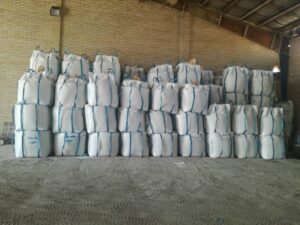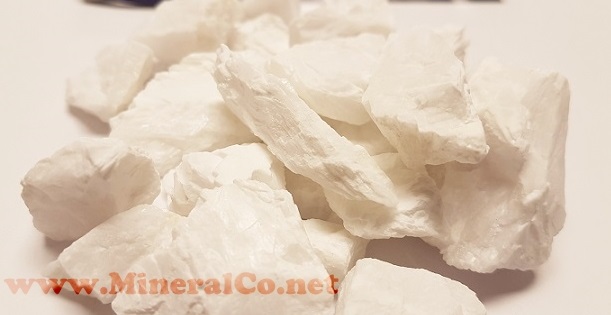A Strategic Hub for Global Trade
Europe has long been a cornerstone of the global mineral industry. With its strong industrial base, advanced infrastructure, and sustainable mining practices, the continent continues to play a crucial role in supplying essential raw materials. The biggest mineral market in Europe not only supports local industries but also serves as a gateway for international trade. For businesses looking to invest or source materials, Europe offers both stability and competitive opportunities.

Why Europe Holds a Strong Position in the Mineral Market
Europe’s mineral market is driven by its diverse resource base and industrial demand. First, the continent has reserves of coal, iron ore, gypsum, and potash. Second, it leads in specialized minerals like bentonite, kaolin, and feldspar, which are vital for ceramics, construction, and drilling industries. Moreover, Europe imports key minerals such as bauxite and rare earth elements, creating a balanced market of local production and global sourcing.
Main industries relying on Europe’s mineral market include:
-
Steel and construction – supported by iron ore, gypsum, and limestone
-
Energy sector – driven by coal, uranium, and renewables
-
Ceramics and glass – using kaolin, feldspar, and barite
-
Agriculture – dependent on potash and phosphate minerals
Because of these sectors, the European mineral market remains one of the most stable and diversified globally.
Biggest Mineral Markets in Europe by Country
1. Germany
Germany is at the heart of Europe’s mineral trade. As a leading importer and user of industrial minerals, it powers the steel, chemical, and construction industries.
2. Spain
Spain is rich in gypsum, celestite, and marble. It also serves as one of Europe’s top exporters of industrial minerals for ceramics and construction.
3. Poland
Poland plays a significant role in coal and copper mining. Its resources fuel local industries and provide exports across Europe.
4. Norway and Sweden
These countries are known for iron ore and rare earth elements. Their production supports both European industries and global supply chains.
Commercial Benefits of Europe’s Mineral Market
The biggest mineral market in Europe offers clear business advantages. First, reliable supply chains ensure consistent access to raw materials. Second, high-quality standards guarantee purity and performance across industries. Third, Europe’s strong logistics and transport network makes mineral trade efficient, both within the continent and with global partners.
For suppliers, Europe provides a steady customer base in construction, energy, and manufacturing. For buyers, sourcing from Europe means access to trusted suppliers and certified materials.
Future Outlook for Europe’s Mineral Market
The European mineral sector is evolving with new opportunities. On one hand, rising demand for construction and renewable energy continues to boost mineral consumption. On the other hand, stricter environmental policies push the market toward sustainable and eco-friendly mining. Additionally, Europe is investing in recycling and circular economy strategies to reduce reliance on imports.
Therefore, businesses that engage with the biggest mineral market in Europe can expect both growth opportunities and long-term stability.
https://iranmineral.net/biggest-mineral-…in-south-america/

